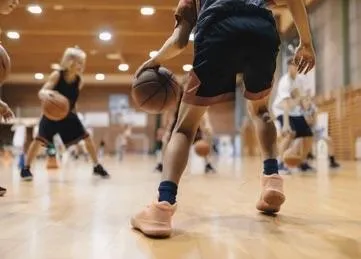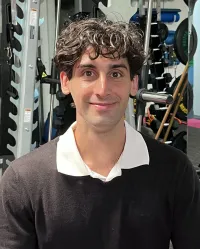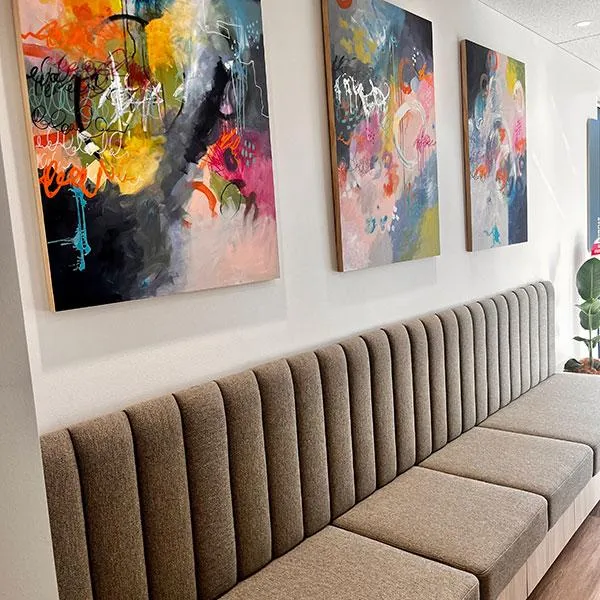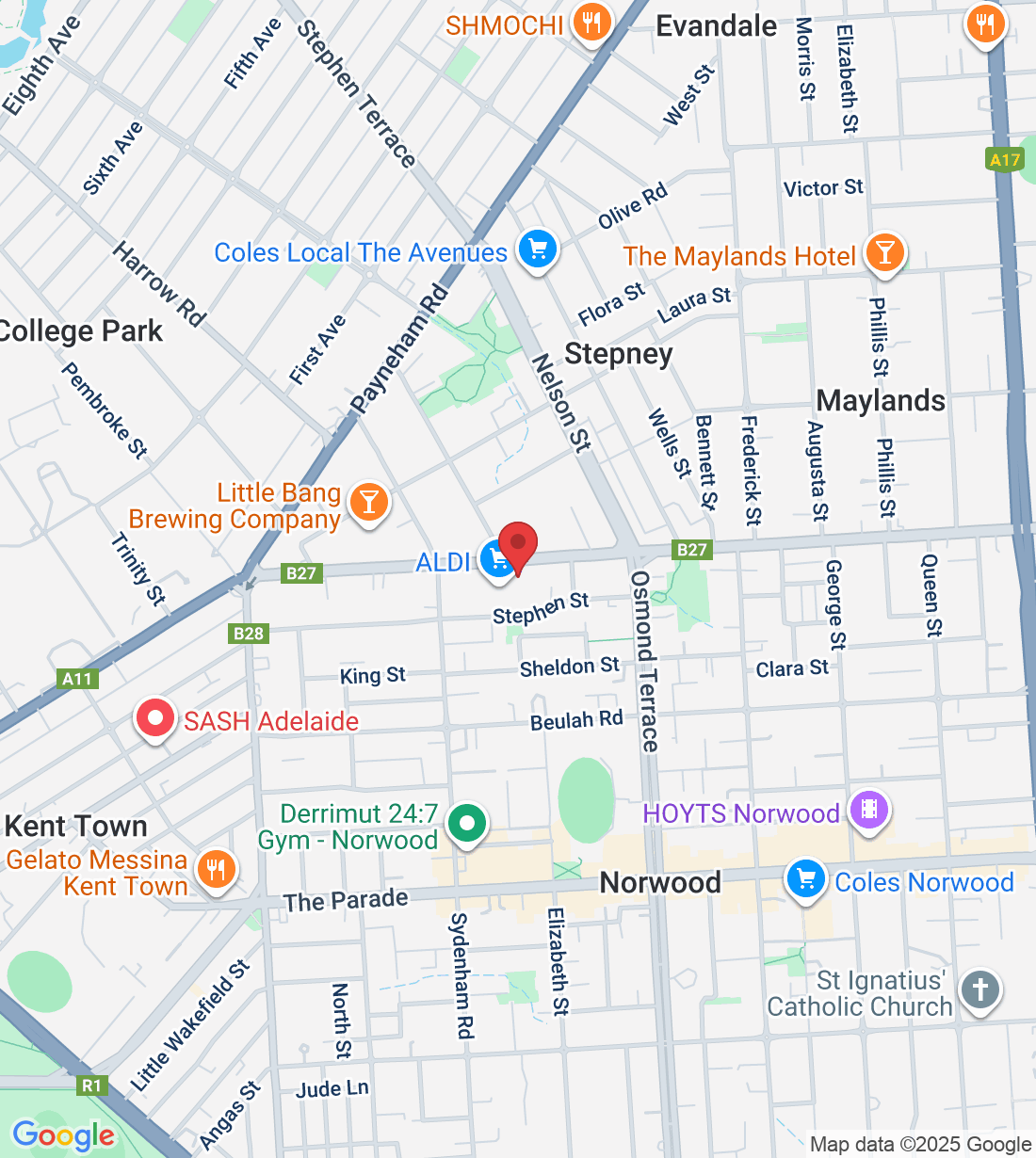
Growing beyond pain
By Physio Thomas
Picture this: your son comes home from playing basketball, he’s putting in a lot of effort to make the under-16’s top team, he’s somehow even taller than last week and eating three servings for dinner. He starts mentioning knee pain after training, and maybe hobbles a bit around the house. He says it’s fine, but you’re concerned and go to Dr Google for some trustworthy advice. After typing “knee pain teenage boy,” the first thing that pops up is Osgood-Schlatter’s Disease. Disease? All the symptoms match, so he must have some sort of bone disease, right?
This is a typical situation we encounter at Vital Core Physiotherapy, with parents coming in, concerned about their children’s growth pains and ‘disease.’ However, in this blog, we’ll discuss just what these diagnoses are, and how physiotherapy can help everyone involved.
Research has shown that the term ‘disease,’ induces unnecessary dread and anxiety in both parents and children. At Vital Core Physiotherapy, we agree with and advocate for the recent changes in the terminology of these common childhood conditions.
What are growing pains?
Growing pains are incredibly common in childhood.
Boys and girls are equally affected although at slightly different ages, and the pain typically presents in the knees, heels or feet but in theory can occur at any of the growth plates in the body.
Growth plates are flexible (and very 'active' from a developmental point of view) areas at the end of bones which is where the majority of the bone growing comes from in children. Some time (usually) during adolescence these growth stop being flexible and 'fuse' meaning the child will no longer grow at that bone. Because they are so flexible and active they are also sites that can be considered vulnerable or at risk of injury in children.
Growing pains are nearly always caused by a recent (often a couple of months) increase or change of physical activity causing the muscles and their tendons to pull on where they attach at the bone. The pain can be worse in those who are having a growth 'spurt' or in those kids who are just generally 'tight' through their muscles.
The result is inflammation and irritation at the growth plate of a bone. The correct term for this condition is apophysitis "A-pof-is-itis".
The pain of apophysitis can be mild for some kids and extreme in others. It can cause sleeplessness and withdrawal from activities.
Common types of growth plate pains;
Tibial tuberosity apophysitis (formerly Osgood-Schlatter’s Disease)
Tibial tuberosity apophysitis is a common diagnosis for knee pain, especially boys aged 12-15 and girls 8-13. It is most typically present in active children playing basketball, volleyball, football and sprinting. It is caused by repetitive strain from running and jumping activities which causes irritation at the tibial tuberosity/tubercle, a bony prominence of the shin.
Signs and symptoms include:
Painful to the touch just below the knee, either on one side or both
Worsened pain after physical activity or sport
More pronounced boniness/apparent swelling over the tibial tuberosity
Calcaneal apophysitis (formerly Sever’s Disease)
Calcaneal apophysitis is the most common cause of heel pain among children aged 10-12. It is caused by an inflammation and irritation of the growth plate on the heel.
Things to look out for include:
Pain on heels on either one or both feet
Increased pain with running or jumping
Limping at the end of physical activity
A limitation to bending the affected ankle
Apophysitis of the fifth metatarsal (formerly Iselin’s Disease/Syndrome)
Apophysitis of the fifth metatarsal is a typical diagnosis for foot pain amongst growing children. It is caused by an overuse injury of the fifth metatarsal (the long outer bone of the foot). It is common in children aged 9-14, especially those who do a lot of running and jumping.
Symptoms include:
Pain along the outer edge of the foot
Swelling on the outer bump of the foot
Difficulty wearing shoes
Walking on the inside of the foot
Limping after physical activity
How can Physiotherapy help?
Although growing pains are common, without good management the pain can last for months (or even years!), and can be so debilitating that the child isn't able to perform as they would like in their chosen sport. Physio's will properly assess and diagnose the specific condition as well as identify the key contributing factors - crucial for developing the right treatment plan.
With a detailed diagnosis the Vital Core physio the child and the parent can determine the best way back to painfree sport. Most likely this will include;
Education at a level the child truly understands with a focus on positive messages of recovery and full return to activity.
Activity modification to decrease some of the load on the sensitive and irritated growth plate.
Addressing the contributing factors to the apophysitis such as weak or tight muscles, poor footwear or poor balance and coordination.
Encouragement into our Vital Core KidFit school program to help kids feel more confident in their body.
Conclusion
Growing pains are common, and can hinder a child’s sporting development, social interactions and active play. Getting on top of apophysitis so that your child can grow beyond pain can be easy when you work with a physiotherapist.
Ask a question of Vital Core Physiotherapy
Fill in the form to request a Call From Our Team
One of our team will call you for FREE and answer any questions or concerns you may have about your condition
© 2023 Vital Core Physiotherapy





